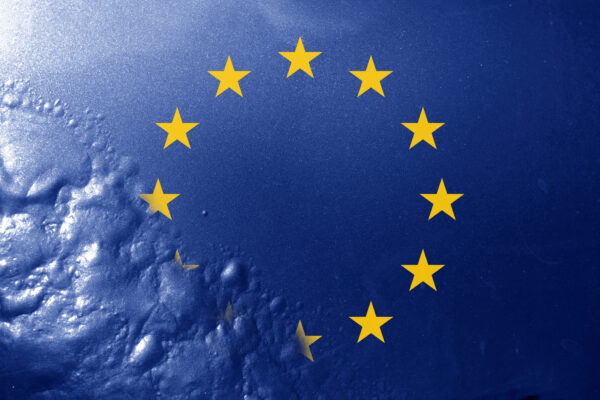New study calls on governments to develop ‘holistic’ strategies
There are huge inequalities in cancer care and patient experience across Europe, both between and within member states, finds a new report from the Swedish Institute for Health Economics. Only a minority of EU member states are reaching the aims defined in Europe’s Beating Cancer Plan (EBCP), it concludes.
There are significant disparities in diagnosis practices and substantial variations in outcomes, with the five-year survival rate for prostate cancer ranging from less than 70% in the worst-performing country (Bulgaria) to over 90% in the best (Cyprus).
The report, commissioned by the European pharmaceutical industry body EFPIA, also notes that although there are more than 20 million cancer survivors in Europe, most face discrimination in accessing financial products such as life insurance or bank loans. Only eight member states (France, Belgium, Cyprus, Italy, the Netherlands, Portugal, Romania and Spain) have adopted legislation on the “right to be forgotten”.
The report shows significant budget differences, with the lowest-spending country, Romania (€70 per capita), spending one-quarter of the highest-spending country, Luxembourg (€294). It says that governments should prioritise raising awareness of the disease and increasing health care budgets.
It also recommends:
- Improving personal and organisational health literacy
- Ensuring education and continuous training of medical staff
- Adopting innovations in early detection, diagnosis, and treatment of cancer.
“To address the root causes of inequalities, countries should put forward more holistic strategies – ideally integrated within a national cancer plan – to improve cancer care,” it concludes. “This includes policies to reach the aims defined in the EBCP and evidence-based strategies to reduce within-country inequalities.
